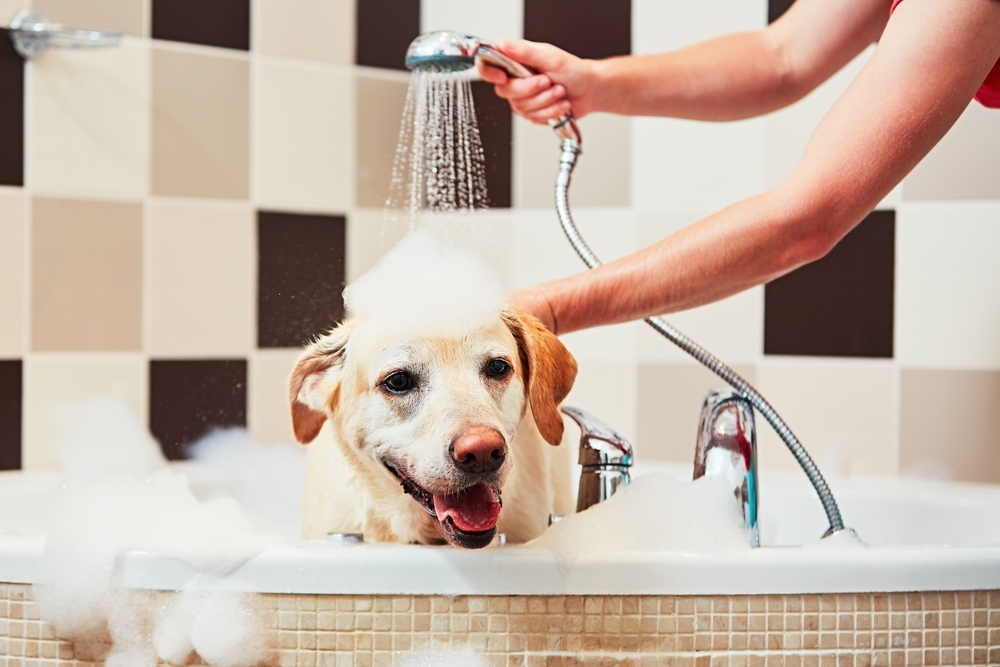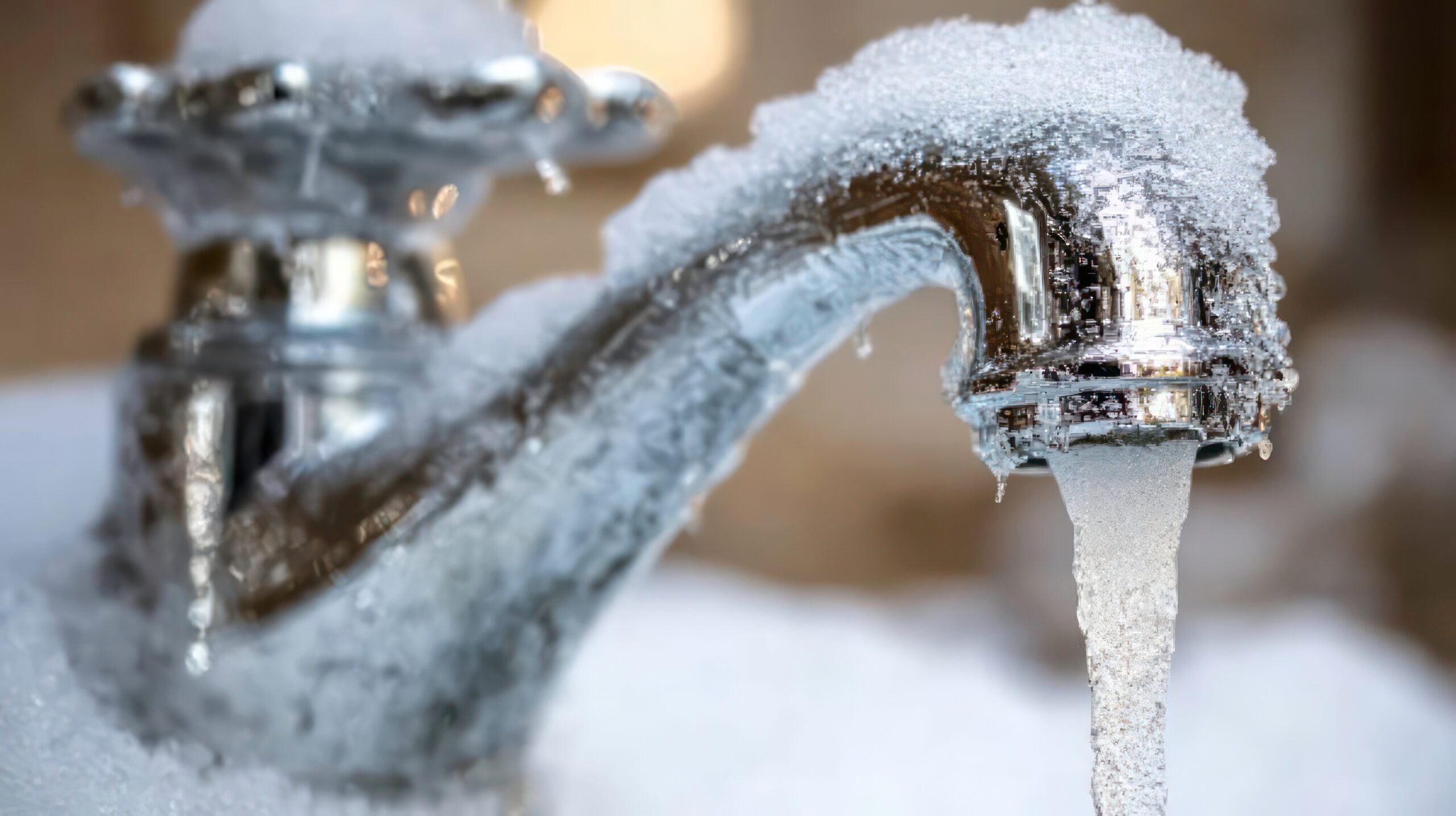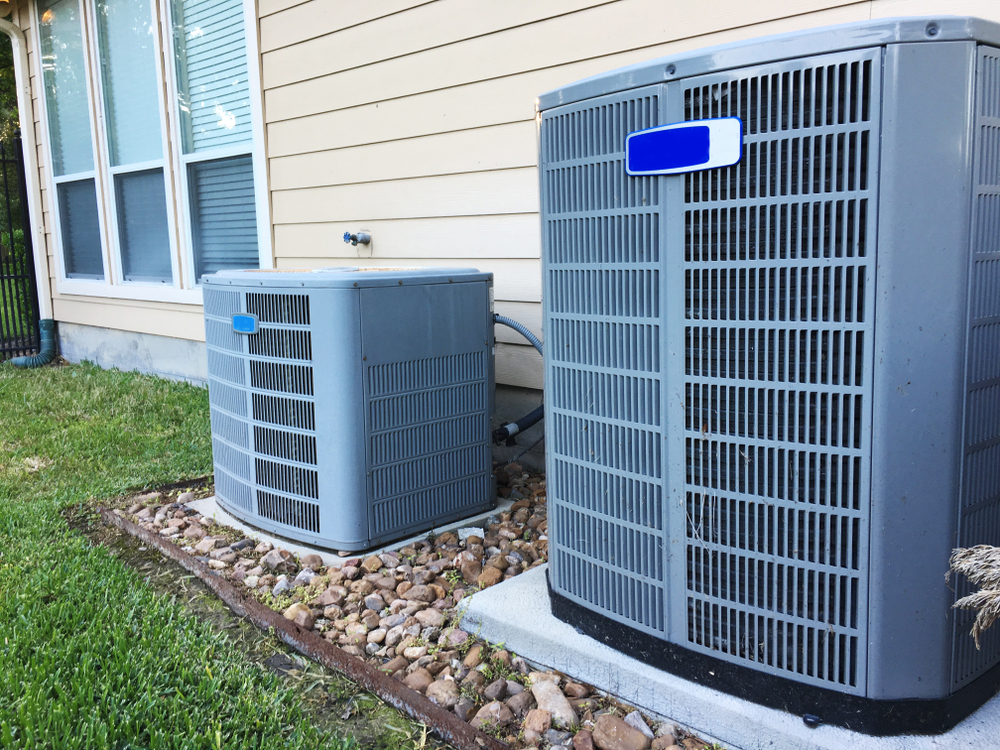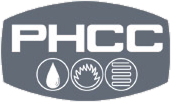There are a lot of water heaters to choose from. So before you buy, do a bit of research on your own. The more you know about the different fuels available, sizes, various energy efficiency levels and prices, the better armed you’ll be to make your decision.
From cooking and bathing to laundry and everything in between, we use a lot of hot water. According to a joint report from the U.S. Department of Energy and ENERGY STAR, the average household uses about 64 gallons every day. The cost of heating that water can account for, on average, 20%‒30% of your annual utility bills, making it the second highest utility cost for most U.S. households.
According to the same report, about 27 million households in the U.S. a have water heater that’s more than 10 years old—that’s about the age that the average water heater lasts. So, if your water heater falls in this range, you’ll want to start thinking about the next one sooner rather than later.
There are a lot of water heaters to choose from. So before you buy, do a bit of research on your own. The more you know about the different fuels available, sizes, various energy efficiency levels and prices, the better armed you’ll be to make your decision.
What to Consider When Choosing Your Water Heater
-
Fuel Type
There are several different fuel sources for water heaters. Learn which fuel type or energy sources are available to you and compare them to each other as they will not only affect the water heater’s annual operating costs but also its size and energy efficiency. Choices include electric, geothermal, oil, natural gas, propane and solar energy.
-
Size
To provide your household with enough hot water and to maximize efficiency, you need a properly sized water heater. The size of your water heater should be determined by the size you need for the peak water usage hours in your home — for example, from 6:00 to 8:00 a.m., when everyone wants a shower.
-
Energy Efficiency
The more efficient your water heater is, the more it will maximize your energy and cost savings. Efficiency is measured by the energy factor (EF), which includes how much energy it takes to heat the water initially, how much heat is lost while the water is stored, and how much heat is lost as the water circulates to the source where it’s finally used.
-
Cost
Before you purchase, estimate and compare the annual operating costs of less or more energy efficient models. Be sure to consider not only operational efficiency, but installation and maintenance costs of each type of heater.
So, Which Type of Water Heater Is Best for You?
There are several different types of water heaters, including some with and without tanks, solar powered heaters, those that use heat pumps, and more. There are pros and cons to all of them. Other considerations are where the unit will go in your house and what other systems you’re using. So once you’ve done your research, it’s best to consult an expert to help with the final decision.
Princeton Air offers 0% APR for 36 months on new equipment—and that includes your new water heater.
At Princeton Air, we have the experience to help you choose a water heater that will fit your budget, your home and your needs. We’ll come to you and discuss all the options, and, of course, once you’ve made your decision, we’ll install and maintain your water heater too.










